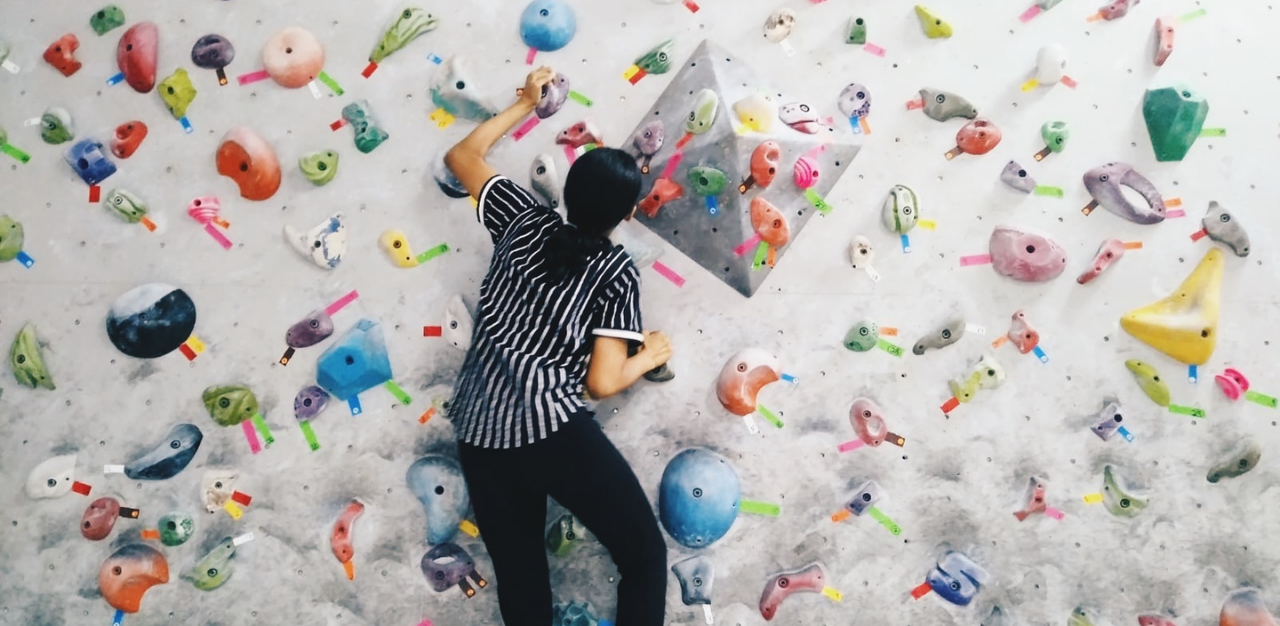Mention school, and what comes to mind may be the dull repetition of lectures and classes. For Nicole Pang and Jasmine Tan, however, their time as students was the starting point for their ventures into the world of start-ups.
Nicole runs a non-profit organisation, Strengthening Youths in a Network of Care (SYNC), which aims to meet the mental health needs of at-risk children and youth. While Jasmine founded Stardy Kaki, a non-profit initiative that seeks to address educational inequality among children.
Strengthening Youths in a Network of Care (SYNC) began as a project. As an intern in a social work agency, Nicole, 23, found that she shared similar goals and the desire for change with her then-mentor Narash Narasimman, back in October 2019. As the co-founder of SYNC, Nicole has helped to found two new programmes under the non-profit, COPE and HOPE. She shares more about what inspired her to start SYNC.
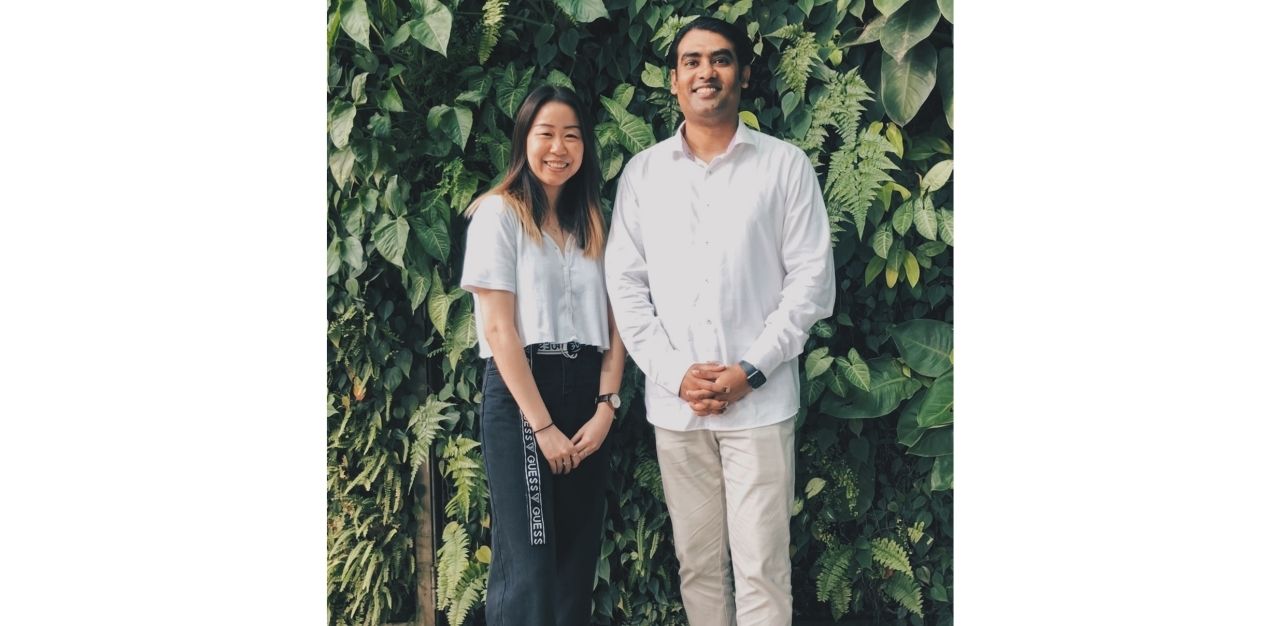
TheHomeGround: What inspired you to start SYNC?
Nicole Pang: I actually started SYNC with another of my [colleagues] called Narash. SYNC really started as a small project, way back in October 2019.
How it started was that I met Narash, at a social service agency, where I was working as an intern. Narash is very grounded in the social service industry – he’s been working with children and youth for 10 plus years.
From my experience, and at the end of my internship, we both had a few goals and things we saw in the community that we wanted to change. I think there are two main reasons.
At that point in time, Narash was working with issues such as the rehabilitation and reintegration of youths who have offended and who have just come out of institutions. He realised that a lot of the siblings of the youth he was working with were experiencing similar behaviour for issues such as self-harm, suicide ideation, substance use, and even offending behaviours. The thing is, there really is a lack of services or organisations out there who are targeting a very young population, especially when it goes all the way down to young children who are seven… eight years old, and who are facing mental health-related issues. And it’s really getting younger. So that was our first point of concern.
Our second was at that point in time in October 2019, I was going to be a psychology graduate in a year or so without true clinical experience. I think there are very few opportunities for psychology students to actually explore and figure out whether this really works for them. So those were the two main things that we wanted to do. The first was to increase the accessibility of mental health services for the younger population. And the second thing was to increase opportunities for psychology students, and really (for) graduates or undergraduates, to give them the chance to explore whether this was something they wanted to do in their life.
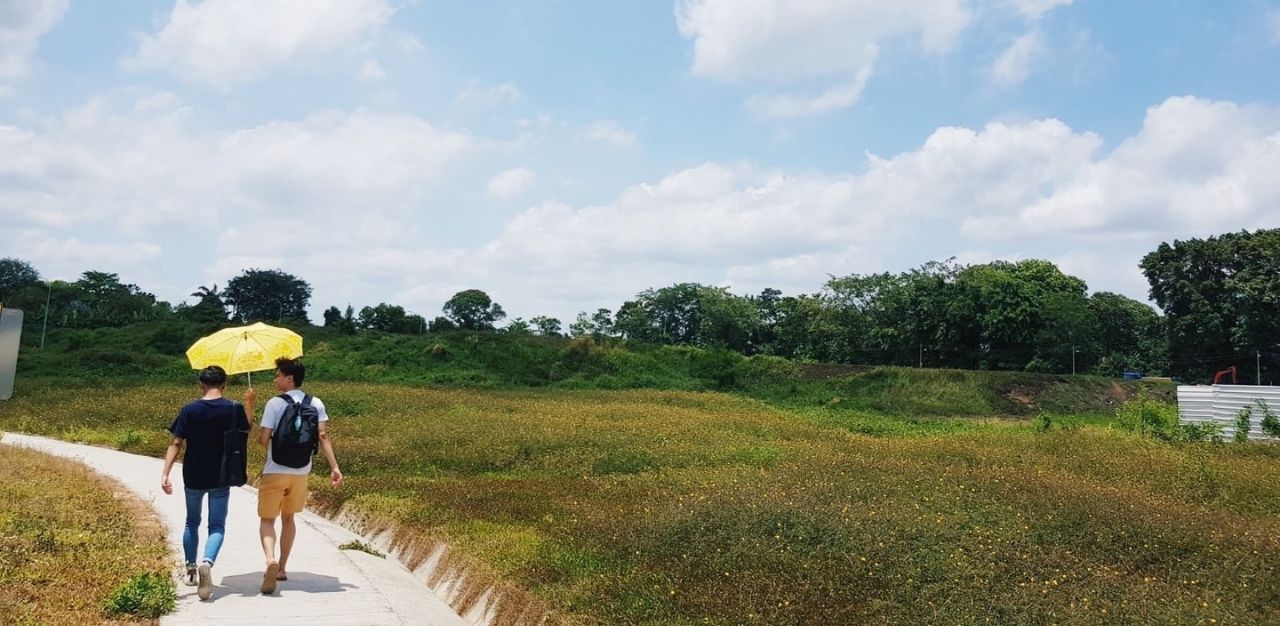
THG: Have you had any personal experiences with mental health that motivated you to found SYNC?
NP: I’ve definitely had struggles along the way growing up. But I wouldn’t say that it was anything serious or severe, or anything even comparable to the life and psychological adversities that many children and youths out there are facing.
It started with curiosity. And then I signed myself up to be a volunteer at the Institute of Mental Health. I volunteered there for a while, in a child ward. And I found myself kind of strength-spotting things all the time. We bring a lot of activities in art such as terrarium building, yoga, making pizzas and stuff like that. And I found myself always thinking that certain people would be so good at a particular task – he or she has so much potential. That’s when I felt like mental health is really something that doesn’t define a person. Your condition or the symptoms you’re facing don’t define you, and there’s still a way to lead a fulfilling life.
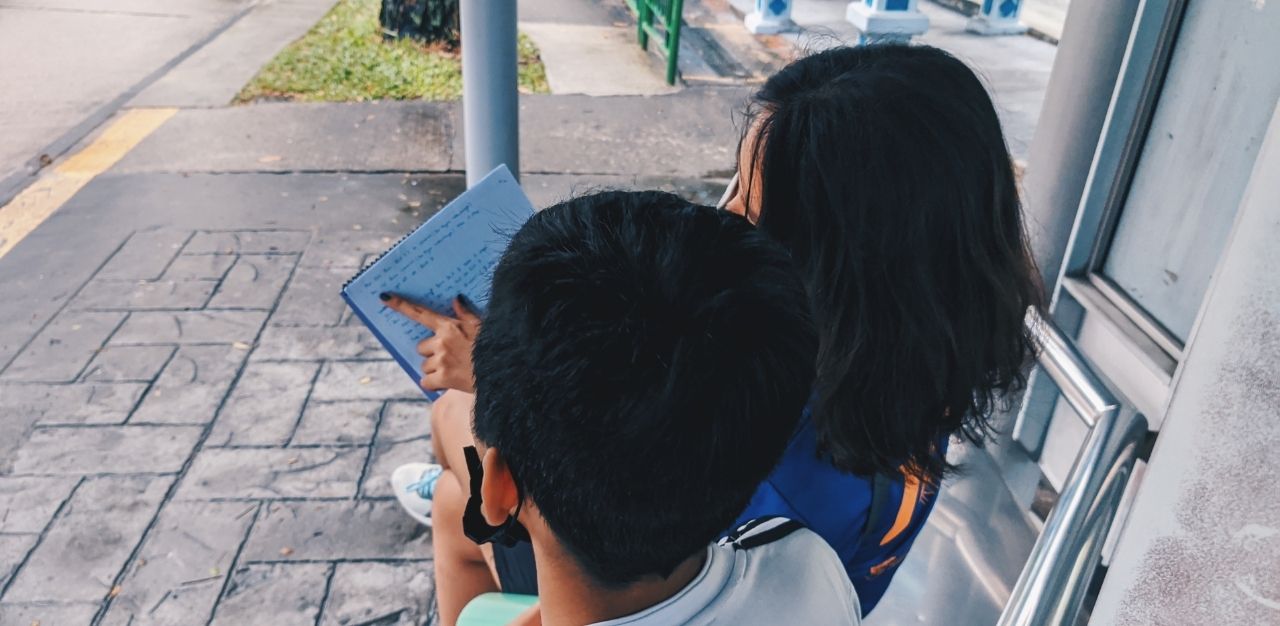
THG: Can you share a little more about some of the projects you’ve worked with under SYNC?
NP: Those are our two signature programs. COPE is a six-month long programme that it focuses a lot more on emotional dysregulation in children and youth. It targets the younger population, from children who are seven years old, which is the youngest we’ve worked with, all the way to youth who are 21 years old. And what we do is that we equip them with coping skills from this therapy called Dialectical Behaviour Therapy (DBT). In Project COPE, we’re not trying to be therapists or counsellors – we are not professionals. Most of our volunteers are actually from the field of psychology such as undergraduates and fresh graduates. What we do is that we pick up the skills training portion from DBT, intensively train the volunteers on this, and then have the volunteers impart these skills to the youth and children.
Why we do so is because we view issues like self-harm, suicide, substance use, promiscuity, risky sexual behaviour, and offending behaviours as some form of maladaptive coping. It makes you feel good but only in the short term – it may not be so helpful or effective in the long term.
Following that logic, equipping them with healthy and effective coping skills could possibly help to shift them away from some of the more maladaptive ones. The other project, Project Hope, is a longer program – it lasts for nine months and is targeted at older youths. It takes a set of curated modules such as personality tests, and different ways to explore your self limiting beliefs, core beliefs, strengths, and weaknesses, and look at what can be improved.
Narash and I believe that there is no failure in youth. We think that no matter where the youth is in his or her journey, there is always some form of improvement to be made in some area.
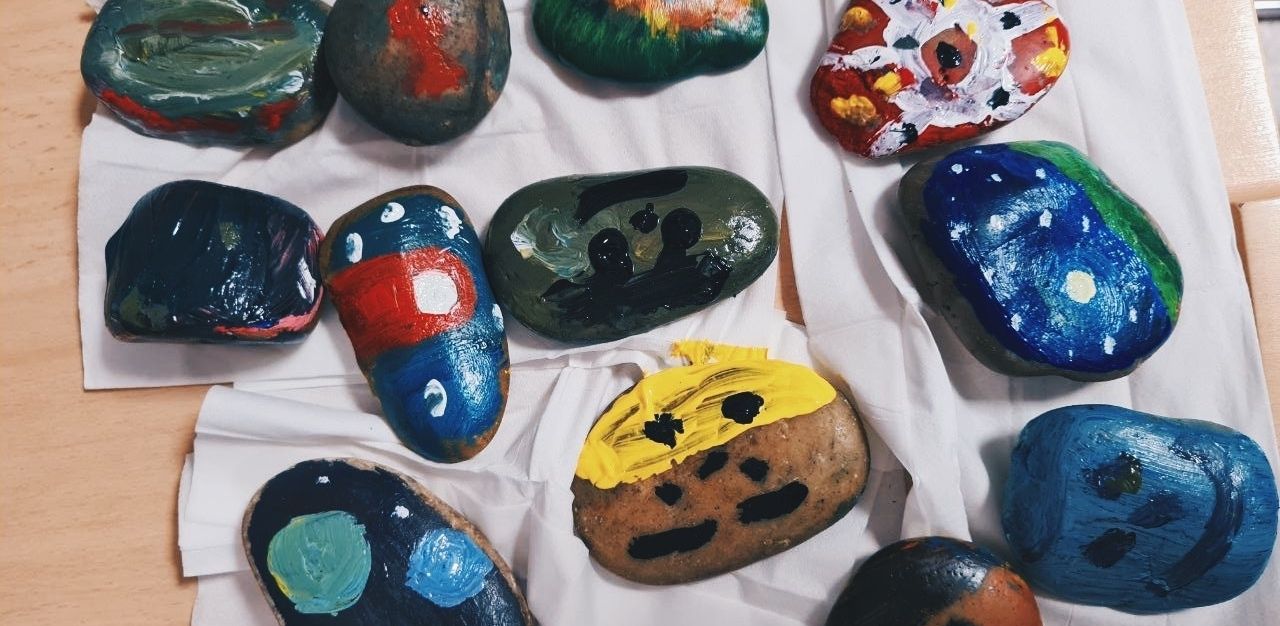
THG: What are some struggles you faced initially?
NP: We had completely no clue about the business aspects of things, such as how we could even become a non-profit organisation, or whether we should become a non-profit or a social enterprise, as well as administrative issues such as pay or salary.
One of the struggles we had also pertained to liability because a lot of the population we are working with are high risk. We weren’t sure whether this was something that volunteers could handle. So it involved a lot of research, asking professional psychologists who were already in the field on the ethics and morals of what we were doing, such as whether it was something that could be handled by volunteers and whether the structure works? We’re always learning as we go.
THG: As a psychology student, your workload must have been quite heavy. How did you balance that with your work with SYNC?
NP: How I balanced it with school was really having a routine. I don’t really work well with micro-routines. So what I did was have a monthly or weekly kind of routine. In my last two years of university, I scheduled all my classes and took all the modules in the first three days of the week. So on Monday, Tuesday and Wednesday, I finished up all my assignments, and all the studying and stuff like that. On Friday, I allocated time for admin, and I met clients allocated to me at that point in time. When I was in school, I also worked part time at another enrichment centre as an assistant teacher.
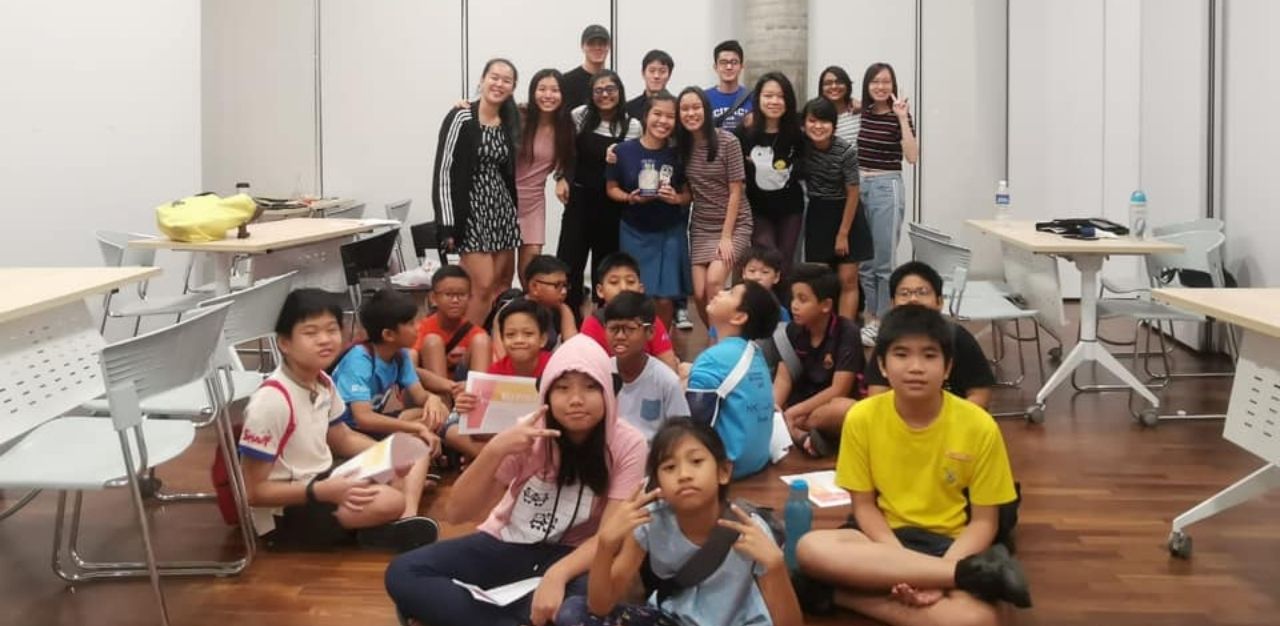
Yet another non-profit with a passion for children is Stardy Kaki. Based in Taman Jurong, which is located in the west region of Singapore, they seek to overcome educational inequality by aiding primary school children. For Jasmine, 23, the motivation to start Stardy Kaki began in her neighbourhood.
THG: What inspired you to start Stardy Kaki?
Jasmine Tan: I came up with the idea on 3 March 2016. It was the year after ‘A’ Levels. We had just received our results, and I was applying for university. I wasn’t schooling, which was why I had ample time to pursue things that I was interested in.
I’m a huge people person. I’m very interested in social issues and what’s happening in the community. A lot of people glorify going overseas to help the people, but I feel like there’s so much in Singapore that we don’t know.
One key thing that stuck out to me was that a lot of underprivileged children living with rental flats are left unsupervised for long hours, because their parents work very long hours to make ends meet. They often have to work overtime, which means that the primary caregiver or the person taking care of the younger children are the older siblings.
I surveyed close to 200 households, and realised that tuition assistance is lacking in that area, because we have a program in the CC for kindergarten kids – a reading program – but we don’t have activities in the community that engages primary school children.
We started a two month-long trial run. This comprised eight study sessions, with an orientation in the beginning and a family outing to West Coast Park at the end. That was supposed to mark the end of the project. However, feedback from parents indicated that they wanted us to continue the program. So we did.
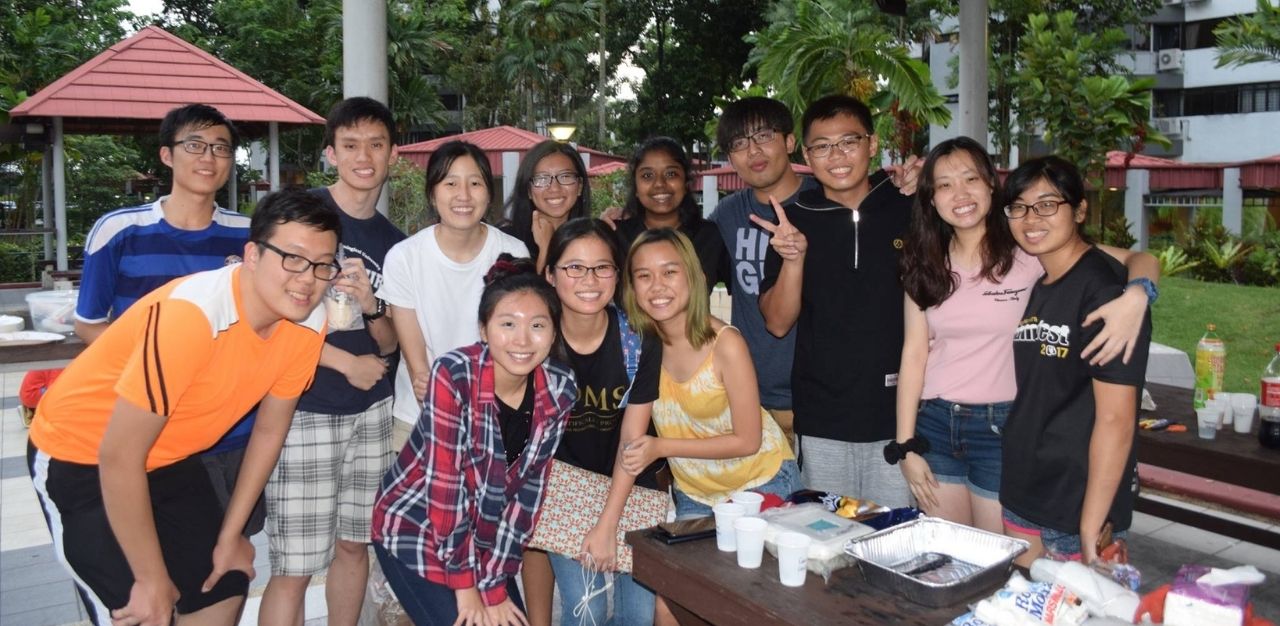
THG: Could you share more about how Stardy Kaki helped the Taman Jurong community?
JT: The Taman Jurong community has a significant demographic of underprivileged families in the rental flats. And a lot of times, the parents do want to help their child succeed, and do well in studies, but often they lack the resources or the education.
Stardy Kaki believes that with more education, we empower them to break out of this poverty cycle. We help to bring mentors and study resources, knowledge, and skills to guide children. Sometimes, we even help the parents by informing them of what’s going on with the school syllabus.
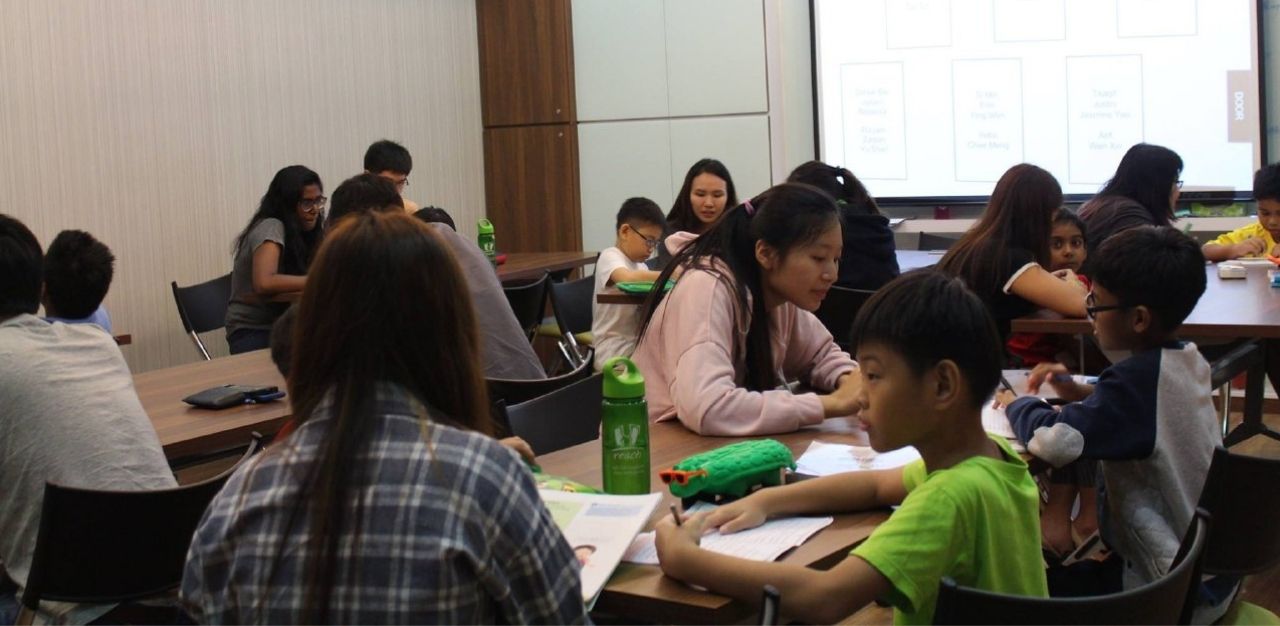
THG: What drives you to keep on going with Stardy Kaki?
JT: I think just seeing the children come back every year helps. A quantitative way to see our success is when the children or parents sign up next year. And we have a 90 per cent retention rate.
This indicates to me that it is helpful, or parents will not bother coming down to fetch the child after the session.
We made it compulsory for parents to attend parent-mentor meetings, as this requires a commitment on their part as well because they are important stakeholders. We were afraid that the parents might not be able to 接收 (accept it), but they’re always appreciative.
Join the conversations on THG’s Facebook and Instagram, and get the latest updates via Telegram.
